Roadmap to Retesting: Bouncing Back from CDL Test Failure
Securing a commercial driver’s license (CDL) mirrors the process of obtaining a regular driver’s license but with its unique set of challenges. The journey begins with acquiring a learner’s permit, followed by a series of tests designed to evaluate your knowledge, inspection skills, and driving prowess. Among these hurdles, the road test stands out as the most formidable obstacle for many aspiring commercial drivers. This perception varies widely among individuals and largely depends on the depth of their preparation and their comfort with written versus practical exams. The road to earning a CDL is a testament to the importance of thorough study and hands-on practice. Roadblock: Facing CDL Test Failure Encountering failure on the CDL test can feel like a major setback, especially after three unsuccessful attempts. This scenario forces candidates to reset their progress, requiring them to reapply for a learner’s permit and retake both the knowledge and driving tests. Adding to the complexity, some states impose a waiting period before reapplication and additional fees, making the prospect of retesting not only daunting but also more expensive. Understanding the specific regulations of your state is crucial for navigating these challenges efficiently. The Key to Success: Prep & Practice The significance of preparation cannot be overstated when aiming to pass the CDL test on the first try. Engaging in dedicated study sessions, enrolling in CDL training classes, and accumulating practical driving experience are fundamental steps towards becoming a proficient commercial driver. These preparatory actions equip candidates with the knowledge and skills necessary to excel, not only in the test environment but also in their future careers within the trucking industry. Unlimited Attempts, Finite Resources The rules surrounding the CDL permit test offer some flexibility, allowing candidates to retake the test multiple times. However, this leniency is balanced by practical limitations related to time and financial resources. After three attempts, the requirement to obtain a new learner’s permit introduces additional costs and extends the certification process. Prospective drivers are encouraged to diligently prepare and select their desired vehicle type and CDL classification early on to streamline their path to certification. State-Specific Stipulations The administration of the CDL program and the consequences of test failures vary significantly across states. This decentralized approach means that understanding and adhering to your state’s specific CDL regulations is a critical step in the certification process. Familiarizing yourself with these rules can prevent unnecessary delays and expenses, facilitating a smoother journey to achieving your commercial driving aspirations. Paving Your Way To CDL Success The path to obtaining a commercial driver’s license is fraught with challenges, from mastering the road test to navigating the intricacies of retesting after failure. Yet, with the right preparation, understanding of state-specific regulations, and a commitment to practice, aspiring drivers can overcome these obstacles. This journey not only leads to CDL certification but also opens the door to a rewarding career in the trucking industry. If you made it to this part of the article, we’d just like to take a moment to thank you for taking the time to read this article. Be safe out there and as always, If you’re in search of CDL A, B, or warehouse positions, check out our open positions. And if you need staffing solutions for commercial driving or industrial positions, be sure to explore our offerings.

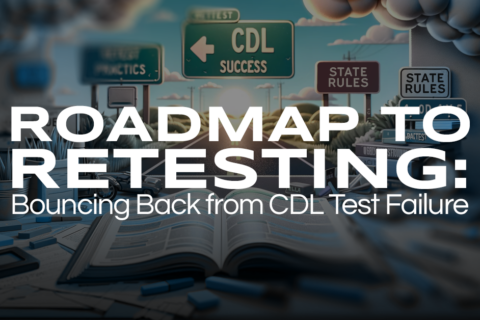
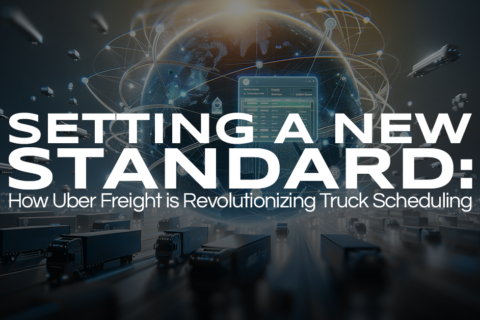
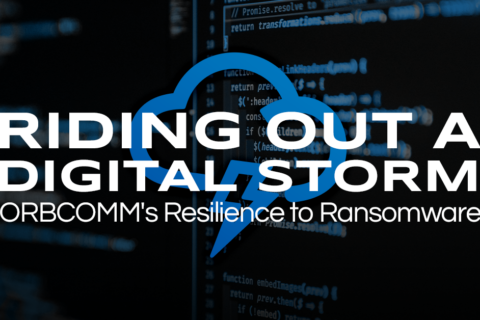
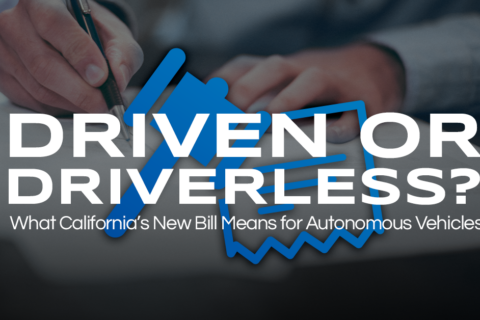
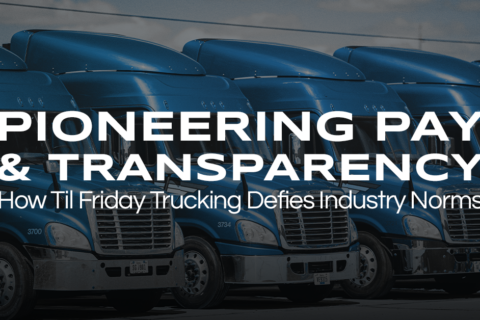
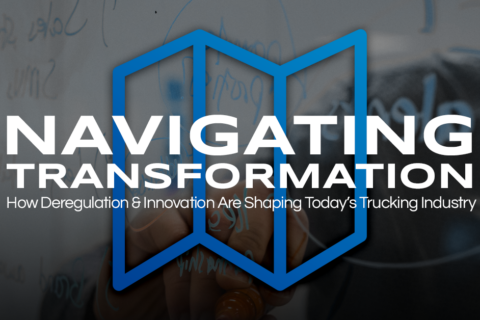
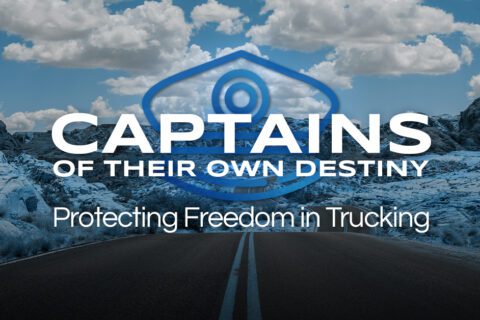
Recent Comments